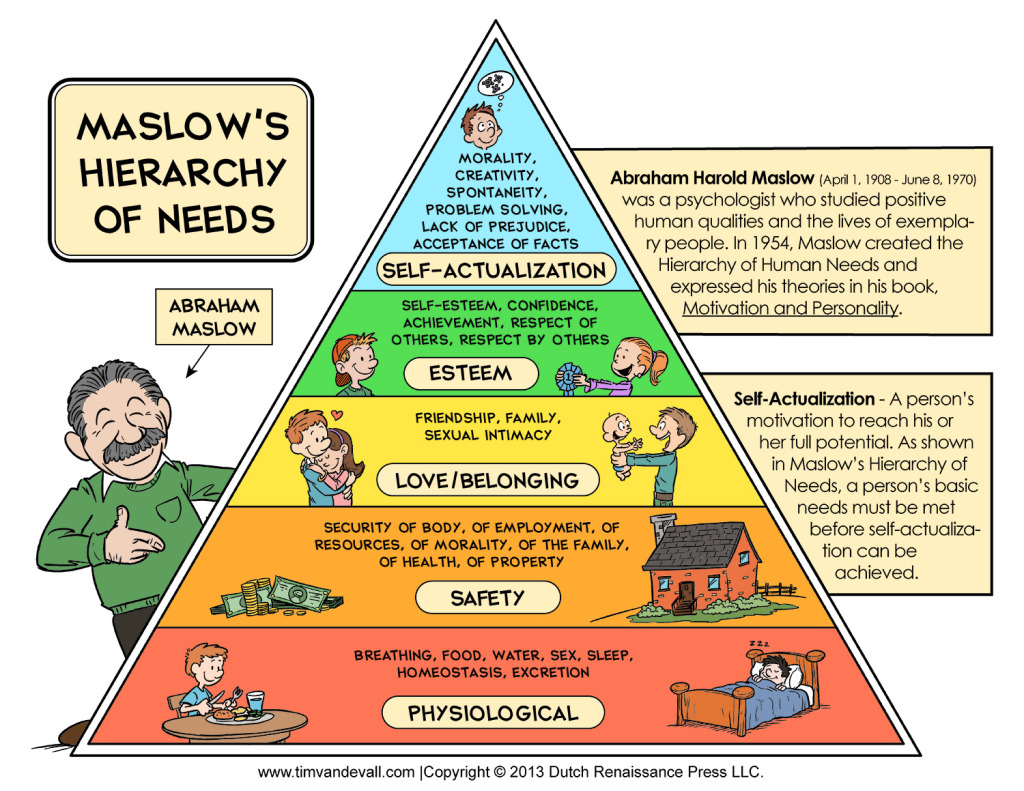
Rejection: How to Overcome Our Fear of It
Rejection is an emotion that all of us have experienced in our lives. It ranks as one of the most stressful experiences of everyday events that people experience. The fear of rejection can be so overwhelming that it causes us to do anything to avoid the experience.
Let us understand rejection, the underlying fear behind it, and how we can handle rejection and move forward. We’ll also explore how focusing on the Gospel can help us deal better with rejection.
In what ways can we feel rejection?
– Familial rejection. This typically will happen early on during childhood between the child and their caregiver. This happens due to abuse, or when the parent or caregiver abandons or neglects the child. They may also withhold love and affection towards the child.
You may wonder how a baby can be cognizant enough to feel rejection? There have been studies that show what happens when a caregiver does not smile or reciprocate positive emotions to their infant child. In 1975, Edward Tronick and colleagues presented their findings from the “Still Face Experiment.” In this study Tronick and his team observed what happens to an infant when their mother looks at them with an expressionless, non-responsive face for 3 minutes. The team found that the infant would decrease smiling, grow wary, and pull back physically and even emotionally (crying, screaming).
– Social rejection. This can occur at any age but usually begins during childhood when we start to have more regular interactions with our peers in school. This rejection usually manifests itself in alienation, ignoring, and/or bullying. However social rejection as we know can happen well into adulthood in any social group situation.
– Romantic rejection. Rejection can occur in a myriad of ways in relationships – from someone not accepting your offer to go on a date, to a sudden breakup. Even during a committed relationship, you can feel rejected by your partner or spouse if they refuse to share their emotions or introduce you to their circle of close friends and family.
– Professional rejection. Professional rejections can include being denied a promotion, or being rejected from a school or job that you applied for.
The common denominator to rejection is the same. It is the feeling of not being accepted or welcomed or loved, and not having their emotional needs met. Some may wonder if these needs are even important. After all, it is not as important as having food on the table or clean water to drink right? Wrong. While our basic needs are essential, the need to feel accepted and loved are also as important.
Our human need to feel accepted and have a sense of belonging:

As humans, we all have an innate need to feel a sense of belonging. Psychologist Abraham Maslow created the Maslow Hierarchy of Needs where he explains our most innate human needs in priority – from our most basic physiological needs to self-actualization.
From the bottom up, our physiological needs include our most basic needs such as food, water and sleep. When our basic needs are met, our focus shifts to safety needs such as health, job security, and feeling safe in our surroundings. Once your safety needs are met, your focus then shifts towards finding love and a sense of belonging. These needs are usually met by your family, friends, romantic partners, and your immediate community such as a church.
Higher up in the Maslow Hierarchy focus on self-esteem needs where a person feels the need to feel pride in their accomplishments or feel respected by others. When we hear someone is experiencing “low self esteem” it means that they are struggling with having these needs met. The last and highest level of the pyramid is self-actualization. According to Dr. Maslow, when someone reaches self-actualization, they have reached their full potential and accomplished a significant dream of theirs.
If you are human, you have all of these needs whether you realize it or not. Why is it so important to understand our underlying needs? As humans, our behaviors are driven by our needs. If one of these needs are not met, there is a disruption in our homeostasis, a level in which we feel steadiness and balance. Destruction or destabilization of any of our needs at any level of Maslow’s hierarchy can lead to severe physical and psychological effects in ourselves.
What happens when our need for love and belonging are not met or destabilized?
When we feel rejected, we begin to feel disconnected, alone, and isolated. Sometimes, we may feel ashamed, guilty, or angry. Physiologically, the feeling of being rejected is very similar to the physical pain pathways in our brain. Some MRI studies show that the same area of our brain becomes activated when we experience rejection as when we experience physical pain. This explains why rejection hurts so much. Rejection is so painful and distressing. Many of us tend to avoid this feeling at all costs.
The fear of being rejected can be so traumatic to an individual that it can lead to avoiding any types of situations or people that they are afraid of being rejected by. Avoidance behaviors can result in feelings of helplessness, shame, rage, unworthiness, disconnection, and anxiety. You want to feel accepted and loved but sometimes, the fear of rejection overpowers you. This prevents us from having meaningful connections with others and may lead to chronic depression, anxiety, and feelings of loneliness.
What do we do when we still feel pain from past rejections and how can we move forward?
– Acknowledge the problem. The way we move forward with rejection, like any other problem, the first step is to call it out – identify it and acknowledge that you experienced rejection and are struggling to get over it. Look at it face to face. After acknowledging your feelings of rejection, make sure to acknowledge the emotions that you are feeling, whether it be shame and embarrassment, sadness, disappointment, anger. Allow yourself to process these feelings rather than sweeping it away.
– Be kind to yourself. While a natural impulse may be to beat yourself up over it, don’t give into it. Remember that you had the courage to put yourself out there and that everyone who is human has experienced these feelings. Even the most popular and well-liked celebrity you can think of has experienced the same exact pain.
– Practice self-care. Do something you love like cooking yourself a nice meal, going for a nice walk, buying yourself flowers. Being kind to yourself and letting yourself do the things you love will help you enhance your well-being – and be better-equipped to process your emotions in a healthy way.
– Talk to someone you trust. Talking to someone you trust about what happened and how you are feeling can also help you process your emotions in a healthy way. This can be a trusted friend, relative, or your therapist.
No matter who rejects you or does not understand your needs, we have an amazing God who understands all of our fears and needs and will never reject us.
In the Bible, there are many stories about rejection:
We can always look to the Bible for stories and examples relevant in our own lives.
Joseph was rejected by his 10 older brothers (Genesis 37-50) out of jealousy and resentment (fueled by the father’s show of favoritism) and was sold off into slavery. However he remained faithful to God his entire life and eventually reunited with his family.
The Samaritan woman at the well (John 4:4-30) was rejected by her society because of her history of five marriages. However she meets Jesus at the well and decides to follow him.
And of course, even Jesus was rejected by his own people and even his own disciple Peter denied knowing him. After experiencing this rejection, he was punished and died on the cross.
What are the lessons that we can learn from the Bible?
– Not everyone will love and accept you for who you are: the truth of the matter is we cannot please everyone. There are too many people in this world with their own opinions, hangups, and preferences. Jesus as a man performed miracles, showed kindness to others, and served God. However, even he was rejected by his people and deemed too dangerous to be left alive. Even though Jesus knew his people hated him, he remained faithful to God and trusted in his plan.
– Even though Jesus was rejected cruelly by his own people, he loved them anyway – and he loves you too: Even though Christ was rejected cruelly by his own people and nailed on the cross like a common criminal, he chose to love his aggressors. He willingly went to that cross knowing that he would be the ultimate sacrifice, cleansing away all their sins (and ours). He unconditionally and wholeheartedly loves us too. We can be secure in knowing that we will never be rejected by Christ even when we feel emotions like shame and guilt.
As Psalms 27:10 says: “Though my father and mother forsake me, the LORD will receive me.”
You can watch the accompanying Anchor of Hope video here.
Enjoyed our blogpost? Subscribe to our newsletter for more resources on mental health and integrating the Gospel message in your healing journey.
If you found our resources useful, please consider donating to Oak Health Foundation, which is a 501(3)c nonprofit dedicated to providing resources regarding holistic mental healthcare and subsidized treatment for those in need.




